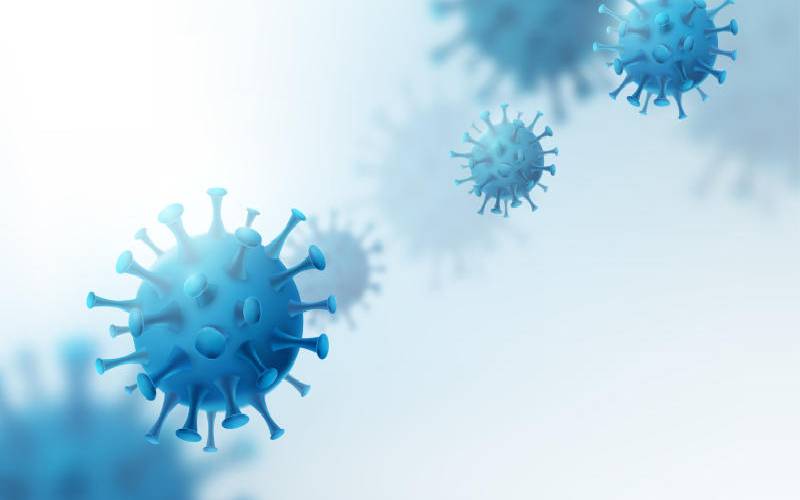
A World Health Organisation (WHO) panel has agreed on guidelines on how herbal remedies for Covid-19 will be tested for their efficacy.
As revealed by the global health body on September 19, The Regional Expert Committee on Traditional Medicine for
Covid-19 together came up with the guidelines which will be used on phase III trials.
The Africa Centre for Disease Control and Prevention (CDC) and African Union Commission for Social Affairs also endorsed the protocols.
Such news means drugs like Covid organics touted by Madagascar as a cure will now be tested at a larger scale.
It also gives an opportunity for traditional herbalists in the country to submit their herbs to the Kenya Medical Research Institution which works with CDC for trials.
"Just like other areas of medicine, sound science is the sole basis for safe and effective traditional medicine therapies,” said Dr Prosper Tumusiime, Director of Universal Health Coverage and Life Course Cluster at WHO Regional Office for Africa.
There is not yet a specific therapy for Covid-19 with about 180 vaccines in different stages of preparation under the guidance of WHO. Patients are being treated by managing symptoms which range from mild like fever and sore throat to severe respiratory distress, and organ failure.
Steroids like dexamethasone have been found to be effective for hospitalised patients and
WHO has issued guidance as well on how they should be administered.
The guidelines endorsed by the 25-member team are aimed at empowering and developing a critical mass of technical capacity of scientists in Africa to conduct proper clinical trials to ensure quality, safety and efficacy of traditional medicines in line with international standards.
The data safety and monitoring board will ensure that the accumulated studies data are reviewed periodically against participants’ safety.
The team will also review the findings as the trials go on and may choose to terminate, modify and or make recommendations.
“The onset of Covid-19, like the Ebola outbreak in West Africa, has highlighted the need for strengthened health systems and accelerated research and development programmes, including on traditional medicines,” added Tumusiime.
Tumusiime explained that through the African Vaccine Regulatory Forum, there is now a benchmark upon which clinical trials of medicines and vaccines in the region can be assessed and approved in fewer than 60 days.
“If a traditional medicine product is found to be safe, efficacious and quality-assured,
WHO will recommend for a fast-tracked, large-scale local manufacturing,” he added.
The team is also tasked with supporting countries to enhance research and development of traditional medicine-based therapies against the virus and provide guidance on the implementation of the approved protocols to generate scientific evidence on the quality, safety and efficacy of herbal medicines for COVID-19.
“The adoption of the technical documents will ensure that universally acceptable clinical evidence of the efficacy of herbal medicines for the treatment of
Covid-19 are generated without compromising the safety of participants,” said Professor Motlalepula Gilbert Matsabisa, the Expert Committee Chairman.
He exuded confidence that the generic clinical trial protocol will be immediately used by scientists in the region to ensure that people can benefit from the potential of traditional medicine in dealing with the ongoing pandemic.
The team is made up of members from research institutions, national regulatory authorities, traditional medicine programmes, public health departments, academia, medical and pharmacy professions and civil society organizations of Member States.
Uncover the stories others won’t tell. Subscribe now for exclusive access
- Unlimited access to all premium content
- Uninterrupted ad-free browsing experience
- Mobile-optimized reading experience
- Weekly Newsletters
- MPesa, Airtel Money and Cards accepted
